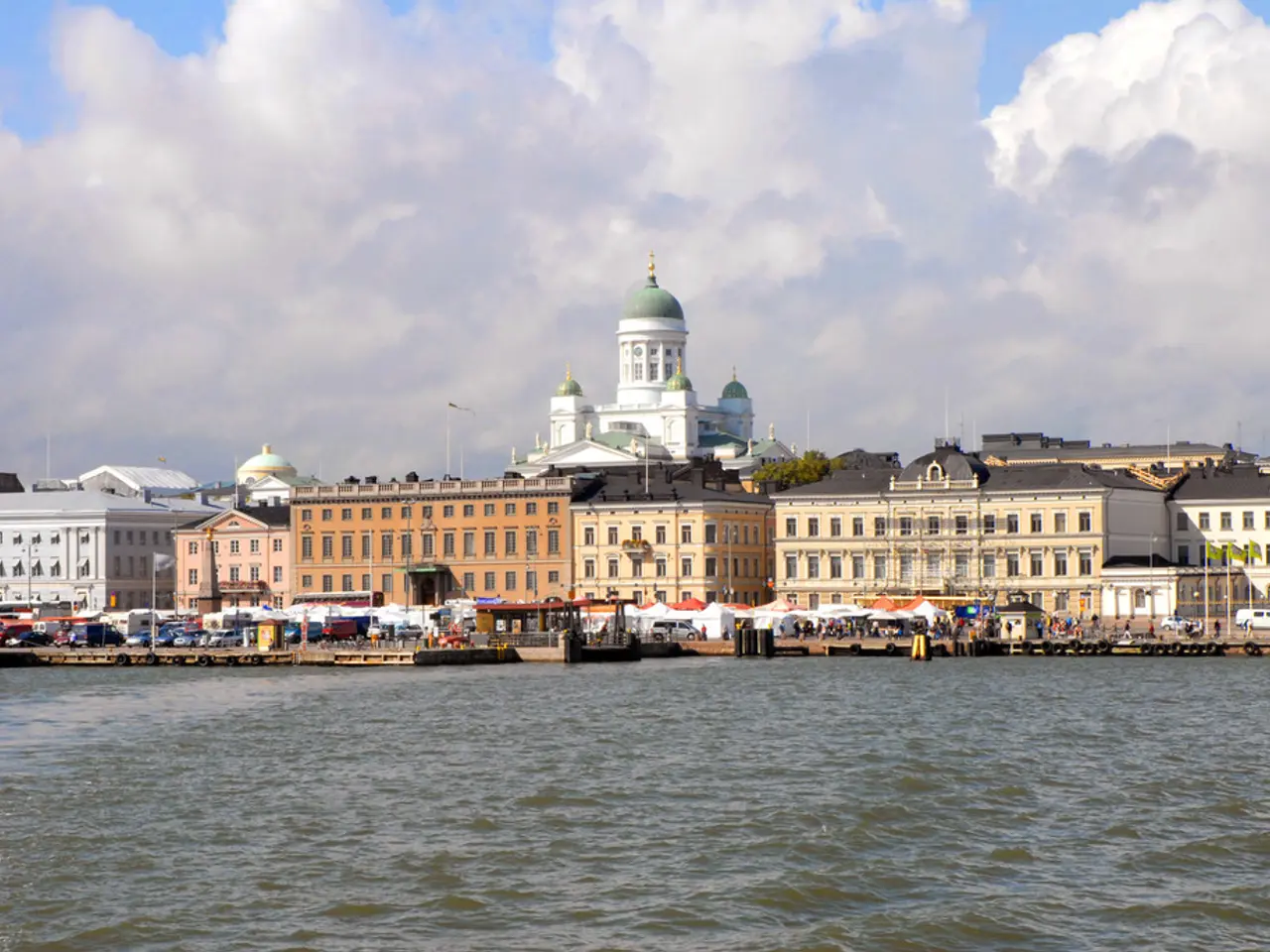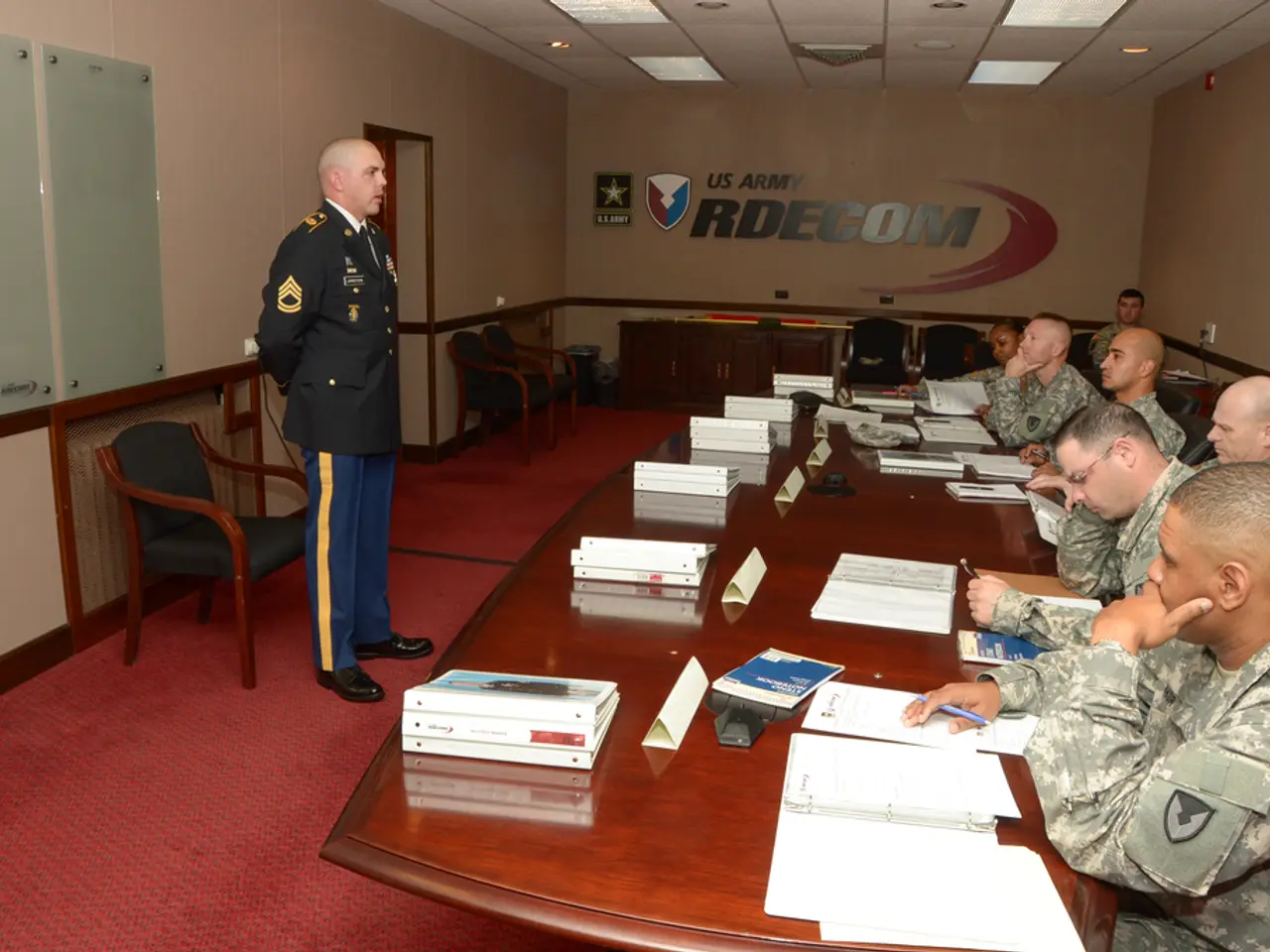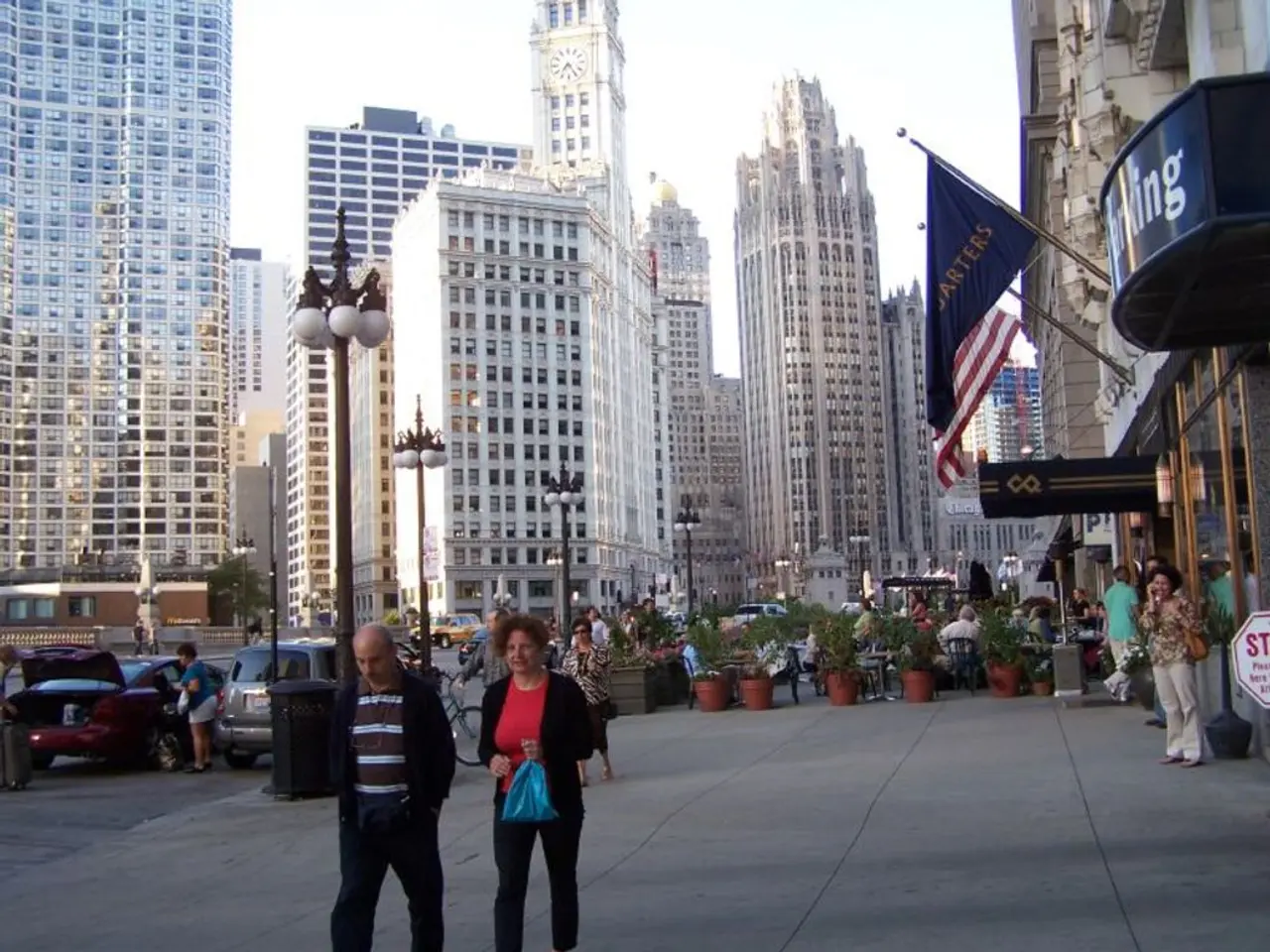Polish President Karol Nawrocki assumes office in swearing-in ceremony.
New President of Poland, Karol Nawrocki, Outlines Nationalist Agenda
Karol Nawrocki, a historian and supporter of the right-wing conservative opposition party PiS, has been elected as Poland's new president. Nawrocki, a native of Gdańsk, emerged victorious in the runoff election in early June, marking a significant political defeat for the pro-European government of Prime Minister Tusk.
Nawrocki's inaugural speech emphasized that he will be the voice of citizens who want sovereignty and security. He pledged to maintain Poland's relations with the EU, but will not agree to the EU stripping Poland of competencies.
Nawrocki's policy platform includes opposition to illegal migration, support for the Zloty (Poland's currency), and no support for the Euro. He also wants to support the controversial construction of a major airport near Warsaw and the expansion of Polish ports.
In foreign policy, Nawrocki is viewed as Brussels-wary, meaning he is expected to maintain a skeptical stance on the EU, particularly regarding issues of sovereignty and rule of law. His win is seen as potentially stalling the pro-EU centrist government's push to restore rule of law and harmonize relations with Brussels.
Nawrocki is strongly pro-NATO and pro-Western, with a desire to deepen Poland’s security ties with the United States and NATO. He favors strengthening the NATO eastern flank, particularly through expanding the Bucharest Nine group to include NATO’s newest members, Sweden and Finland, to counteract Russian threats more robustly.
Towards Germany, Nawrocki's nationalist and patriotic profile coupled with a wariness of EU federalism suggests a more guarded and possibly critical posture. However, he continues to oppose Russian influence and propaganda actively.
Nawrocki has expressed anti-German and anti-European sentiments during his campaign, but he stressed the importance of international alliances for Poland, including with the US, and stated that he will look after Poland's position within NATO.
Nawrocki's presidency is expected to advance a nationalist, defense-oriented agenda with priority on strengthening alliances with the US and NATO, while maintaining a critical but pragmatic stance toward the EU and Germany. This could lead to domestic political friction with the current liberal Prime Minister Donald Tusk, who leads a pro-EU government.
Nawrocki's presidency also includes a focus on domestic issues, such as reshaping the judicial system with a new council at the presidency and a new constitution drafted by 2030. The PiS, which Nawrocki is close to, had remodeled the judicial system during its time in government from 2015 to 2023, leading to an Article 7 procedure by the European Commission.
Despite controversies surrounding Nawrocki's past, including rumors of connections to the local underworld from his time working as a bouncer, his election marks a significant shift in Poland's political landscape. His presidency is expected to have potential implications for Germany and Europe.
References:
- Poland's new president vows to defend sovereignty and security
- Karol Nawrocki elected as Poland's new president
- Poland's new president sets course for confrontation with EU
- Poland's new president: What to expect from Karol Nawrocki
- Poland's new president: What does Nawrocki's election mean for the EU and NATO?
- Nawrocki's nationalist agenda includes a strong opposition to illegal migration, a stance that positions him within the discourse of war-and-conflicts and policy-and-legislation.
- The new president's focus on the Zloty and rejection of the Euro, paired with his support for controversial infrastructure projects like the proposed airport near Warsaw and the expansion of Polish ports, reveals his involvement in the realm of general-news and politics.
- Nawrocki's future relations with the EU, particularly regarding issues of sovereignty and rule of law, will be one of the key areas of focus, given his Brussels-wary stance. This relationship may be further influenced by his past and future political actions, as evidenced by headlines such as "Poland's new president sets course for confrontation with the EU" and "Poland's new president: What does Nawrocki's election mean for the EU and NATO?".






